 Unfortunately, the presence of a number of ‘shabavnikim’ (delinquents) at Kikar Shabbos in Jerusalem’s Meah Shearim neighborhood led to injuries and chilul Shabbos this past Friday night.
Unfortunately, the presence of a number of ‘shabavnikim’ (delinquents) at Kikar Shabbos in Jerusalem’s Meah Shearim neighborhood led to injuries and chilul Shabbos this past Friday night.
A number of avreichim were attacked, one with pepper spray and the other with a broken bottle, compelling a Hatzolah response late Friday night. The avreichim did not wish to be transported to a hospital and be the cause of more chilul Shabbos. YWN was unable to ascertain with certainty if they refused transport, but it appears that was the case.
Community leaders are outraged and concerned over the growing trend, explaining similar situations have recently taken place on Shabbos in Bnei Brak.
(Yechiel Spira – YWN Israel)


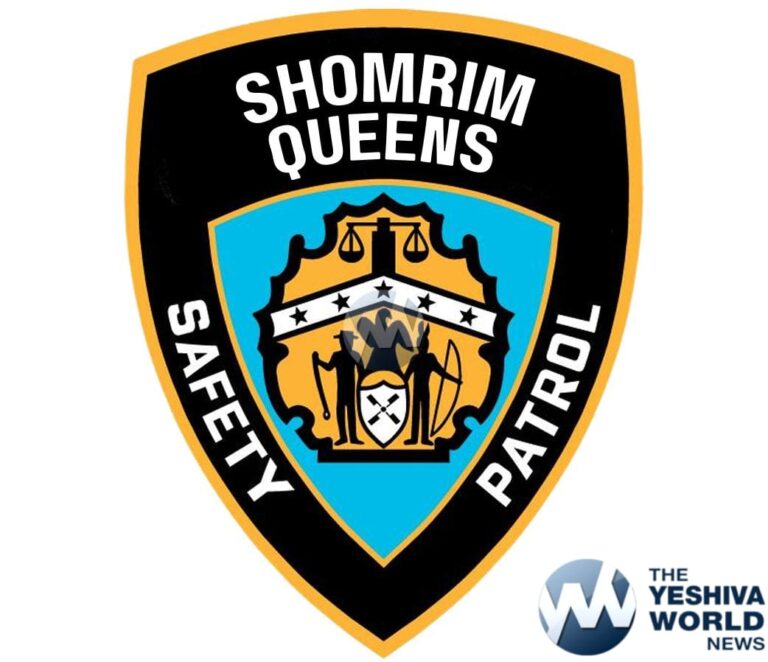

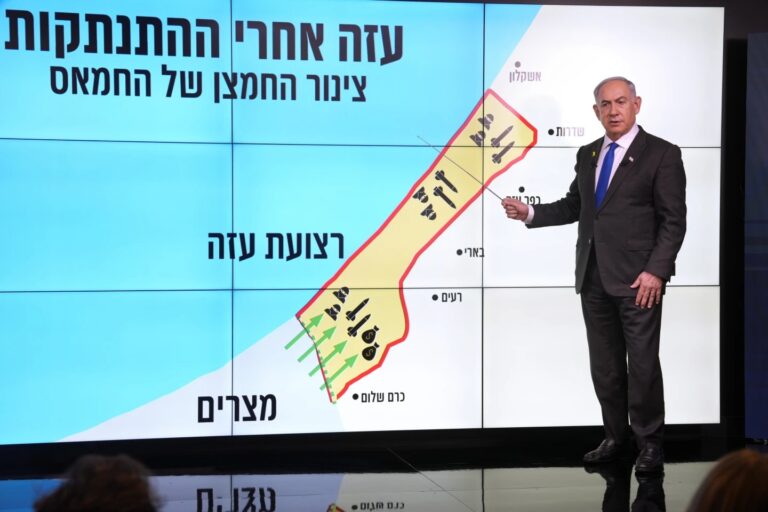
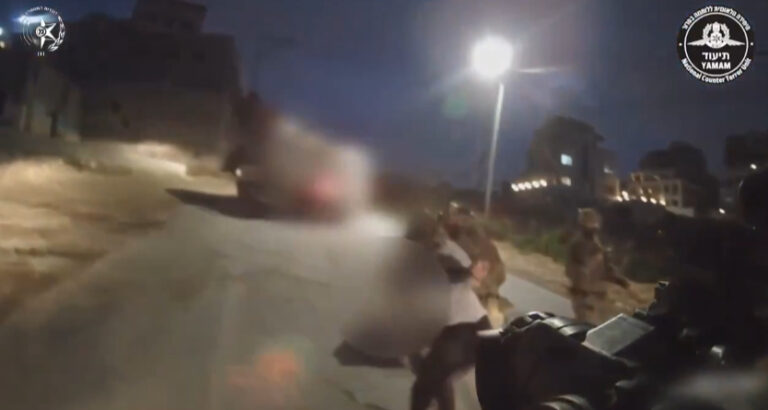



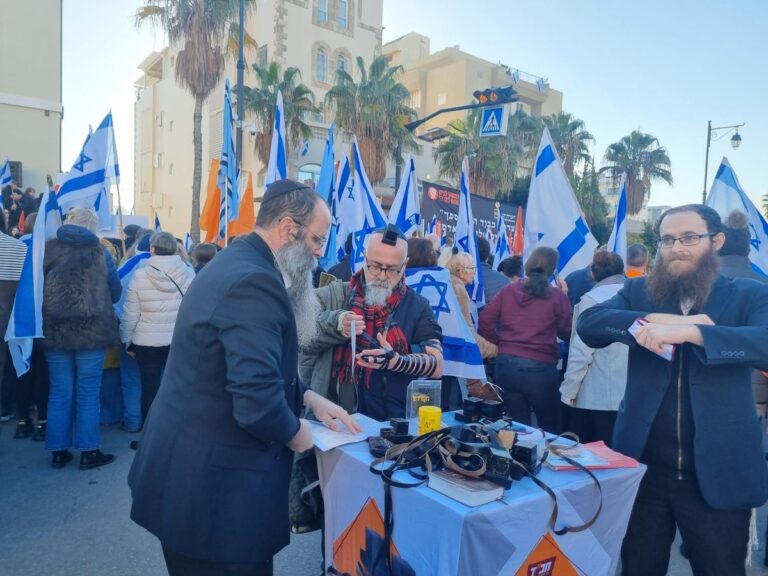
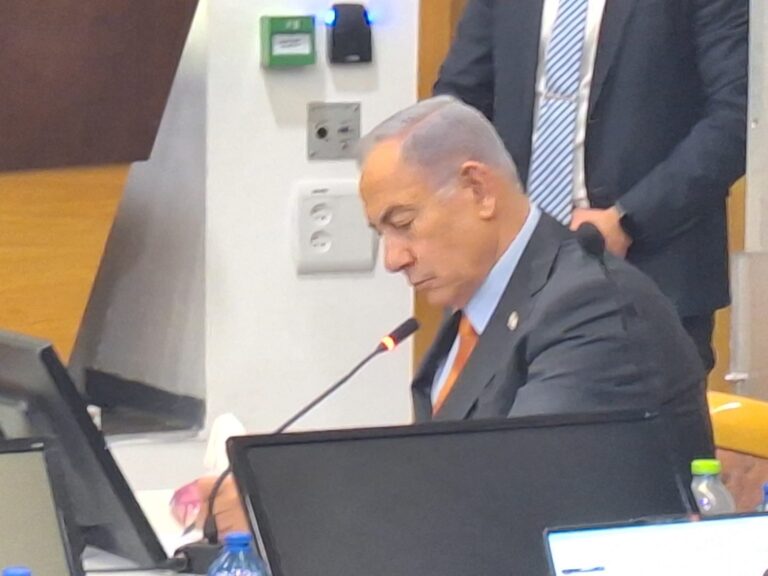
9 Responses
well i was there then, and the shabavnikim started teasing the avreichim, and the shabavnikim called more friends, and they beated up 5 avreichim, 1 shabanik had a medal pole and was banging people with it!! another 1 was spraying pepper spray, and some one threw a beer bottle etc. it was crazy!!
oih vei vei
we must love them with true ahavat yisrael!!
that will melt away their negative feelings towards charedim.
The constant mention of Chillul Shabbos that it led to, BUT WHAT ABOUT THE CHILLUL HASHEM?! Uch un vey…
shabavnkim?
who coined this term?
these are yidden.
hurt, misguided, confused.
and Angry.
Who have become aggressive.
…. who taught these kids to hit?
or throw stones?
this actually hurts as much as the pain
of hearing that a little boy from Be’er Sheva was hit by rocket shrapnel in Be’er Sheva last week.
May Klal Yisroel Have a Collective Refuah Shelaima min Hashamayim.
Thinking out loud –
I think you should change your name to: screaming out quietly.
What a silly comment.
Shababnikim are self made and self decided lowlifes.
Aren’t they called arsim?
Thinking:
If you are kind to the wicked you will eventually be wicked to the kind…
What are “shabavnikim”?
The lack of midot and tolerance in the charadi world is unbelievable.
4 & 5 – They are not self made they are a reflection of what is not being taught in the charadi system. They are a reflection of their parents and rabbis.